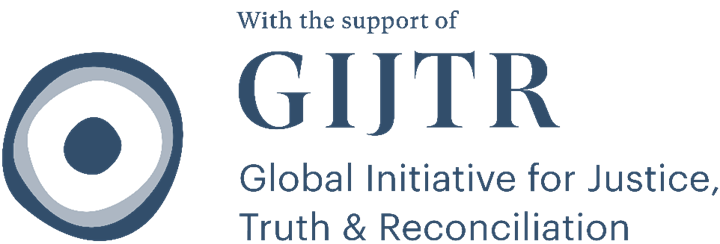...to gain access to the education system and to lead a decent life. Subsequently, because she was a child with HIV, the obstacles that Talía suffered in access to education had a negative impact on her overall development, which is also a differentiated impact taking into account the role of education in overcoming gender stereotypes. As a child with HIV, she required greater support from the State to implement her life project. As a woman,......needs and desires of victims/survivors, but also that victims/survivors actively participate in the design and development of education and advocacy tools to realise their legal rights to justice, accountability, and redress. Note to reader In line with the Committee against Torture’s General Comment 3, a person should be considered a victim ‘regardless of whether the perpetrator of the violation is identified, apprehended, prosecuted or convicted’, and regardless of any familial or other relationship between the......several factors such as the fact that ‘she was a woman, a person with HIV, a person with a disability, a minor, and due to her socio-economic status’, increasing her vulnerability and exacerbating the harm she suffered.21 In this sense, the discrimination suffered by the applicant was multiple. The Court, in finding that the State had violated the applicant’s right to education among other rights, indicated that the discrimination ‘was caused not only by numerous......decent work and face occupational segregation and gender wage gaps. They are too often denied access to basic education and health care. Women in all parts of the world suffer violence and discrimination. They are under-represented in political and economic decision-making processes.34 The inferior status frequently accorded to women ‘is entrenched in history, culture and tradition’, and places them at risk of ‘specific violations such as gender-based violence, trafficking and sex discrimination’.35 In conflict, sexual......violence against women and girls is widespread and used as a war tactic:36 a majority of the 3300 cases of CRSV that the UN was able to verify in 2021 were women and girls (this number is not representative of the full scale and prevalence of CRSV).37 Children. Children are largely dependent on adults for their basic needs, including food, health care and education. Yet, circumstances force many to manage by themselves. Millions of children,...

 EN
EN FR
FR ES
ES UK
UK



